Table of Contents
A number of natural remedies for sleep apnee can improve your condition and even your productivity at work. Honey is one such product. It can help soothe throat tissue and snoring by acting as a lubricant, making the passage of air easier. By drinking a glass of honey water before going to bed, you can improve your quality of sleep and focus while you sleep.
Lachesis
The use of Lachesis is an excellent alternative to sleep medicine, and many people have found that it is a successful remedy for sleep apnea. This natural remedy is appropriate for those who snore and suffer from suffocation at night. The snoring is usually worse on hot days. People with sleep apnea should consult a doctor before using this medicine.
Among the natural remedies for sleep apnea, Lachesis is the most effective. Patients with this disorder frequently wake up to breathe deeply or struggle to breathe through their nose and mouth. They may be afraid to sleep, and cannot wear neck jewelry or solid neck ornaments. People who have asthma can also benefit from Grindelia Robusta, which relieves tightness in the chest, causes persistent white expectoration, and can alleviate the symptoms of asthma.
Another alternative medicine is verbena. This herb is used by holistic practitioners to treat sleep apnea. It is believed to have a calming effect and reduce episodes. Moreover, limiting alcohol consumption is an important factor. Certain medicines can exacerbate the symptoms of sleep apnea, and limiting alcohol consumption can help. Aside from Lachesis, other alternative medications include acupuncture and yoga.
If you have sleep apnea, you should consult with a doctor. The condition can be extremely dangerous for your health, and if left untreated, could lead to a stroke, high blood pressure, or other serious medical conditions. To find out if you suffer from sleep apnea, you should have a sleep study performed by a doctor.
Opium
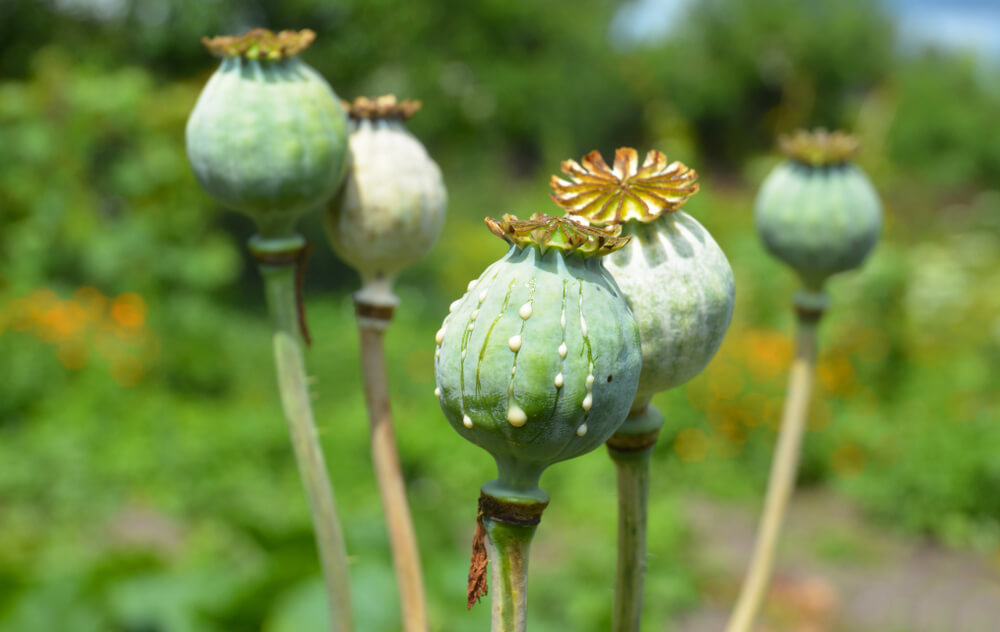
In this systematic review, researchers evaluated the effectiveness of opioids in treating sleep apnea. The authors screened seven randomized trials, one of which included opioid users, and four that did not. The data were reported as apnea-hypopnea indexes, which were represented in forest plots. In addition, they reported the number of events per hour. The study design and first author's affiliation were identified, as well as the average age, BMI, and the number of patients with central sleep apnea. In addition, the team assessed the effects of opioid use on the prevalence of comorbid conditions, as well as the severity of central sleep apnea.
The long-term use of opioids has a mild impact on central apnea. The risk of respiratory depression is low, and opiate-induced sleep-apnea symptoms have a moderate to negative effect on apnea severity. The duration of opioid use may vary between patients. Patients should be monitored closely for any side effects. Opiates are not safe for long-term use, and some patients should not take them without consulting their doctor.
Long-term use of opioids is linked to a higher risk of sleep apnea and ataxic breathing. Several studies have examined the effects of opioids on central apnea and sleep breathing indexes. The inclusion criteria were based on the PICO model, which describes the population and outcomes that can be compared. One of the most important questions in these studies is whether the use of opioids increases the risk of obstructive sleep apnea.
Sambucus
If you suffer from chronic insomnia and other problems caused by restless sleep, Sambucus may be an effective treatment for your apnea. The fruit contains powerful antioxidants and is best taken in tea, syrup, or tincture form. The berries also contain proanthocyanidins, which help the body fight free oxygen radicals. The fruit is particularly beneficial for lower respiratory infections, which can lead to pneumonia.
Sleep apnea is a serious disorder marked by pauses in breathing. It occurs at least five times an hour, disrupting sleep. The result is low blood oxygen levels and a diminished quality of sleep. While you are asleep, you can be daytime sleepy, increasing your risk of accidents. In addition, you may suffer from daytime sleepiness and have a higher risk of falling asleep in the car or other situation that requires your full attention.
The symptoms of sleep apnea are often loud snoring and quiet periods during sleep. These episodes last anywhere from ten seconds to over an hour. Other symptoms include daytime sleepiness, high irritability, morning headaches, low sex drive, and excessive sweating. If you think you may be suffering from this condition, it's worth seeking medical attention and finding a natural remedy.
Ashwagandha
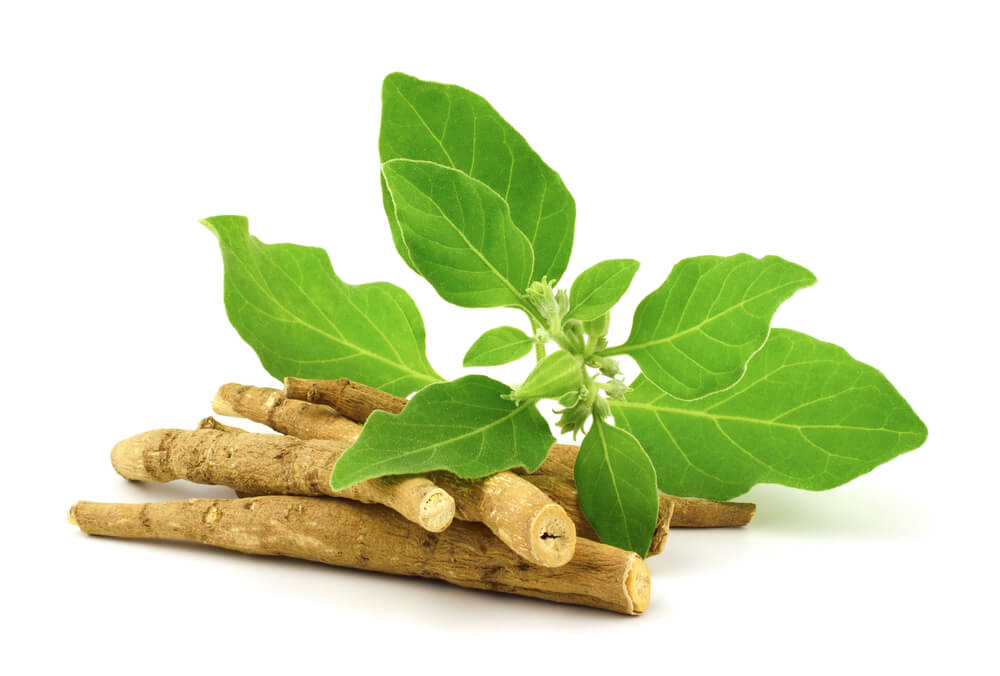
The Indian herb ashwagandha has been used for centuries as a natural remedy for insomnia. Its aroma has been associated with relaxation and strength and it is an adaptogen, meaning it can fight stress and increase energy levels. It also helps the body cope with oxidative stress and depression. Some people take ashwagandha in the form of tea. You can take a tincture or brew the roots in a warm drink.
Researchers have identified the active component of Ashwagandha, called TEG, as the reason for the treatment. This compound has the potential to revolutionize the treatment of insomnia by triggering a similar sleep cycle to normal sleep. Currently, about ten to fifteen percent of the population suffers from insomnia, with up to 60 percent of the elderly suffering from the disorder. Many studies have also linked sleep disorders with obesity, cardiovascular disease, depression, anxiety, and more.
The compound in ashwagandha is responsible for its anti-oxidant properties, and it can even help with the symptoms of sleep apnea. Its side effects are mild, including sleepiness and reduced appetite. People with sleep apnea should always consult a physician before taking ashwagandha. It may interact with other drugs that you are taking.
Chamomile flower
There are a variety of health benefits associated with drinking chamomile tea, including a boost to the immune system and the ability to clear congested sinuses. Chamomile is also a powerful antioxidant, working to fight off viruses and bacteria. In addition to assisting with sleep, it is an excellent remedy for anxiety and stress. Drink chamomile tea before bed and in the morning to improve your sleep and ease the symptoms of stress.
Studies show that chamomile is effective in improving sleep quality and relieving the symptoms of sleep apnea. Chamomile tea contains apigenin, which binds to GABA receptors in the brain. The GABA receptors induce sleep and relax the body. Chamomile tea induces sleep and is a safe and natural treatment for the condition.
Chamomile is a popular natural remedy for sleep apneia. Chamomile contains a variety of active chemical compounds, including apigenin, which has a mild tranquilizing effect on the brain. In one study, chamomile tea helped reduce sleep barriers and alleviate depressive symptoms, while improving sleep quality. Although chamomile has many benefits, it is still too early to make a conclusive diagnosis.
Some experts recommend consuming two or three bags of chamomile tea before bedtime. However, the best way to take chamomile is as tea. Chamomile has many benefits for the body and should be consumed thirty minutes before going to bed. The chamomile tea contains chemical compounds that produce a sedative effect and reduce anxiety. It's important to note that chamomile tea has no clinical research supporting its effectiveness in the treatment of sleep apnea, so it is best to follow your doctor's advice.
Garlic
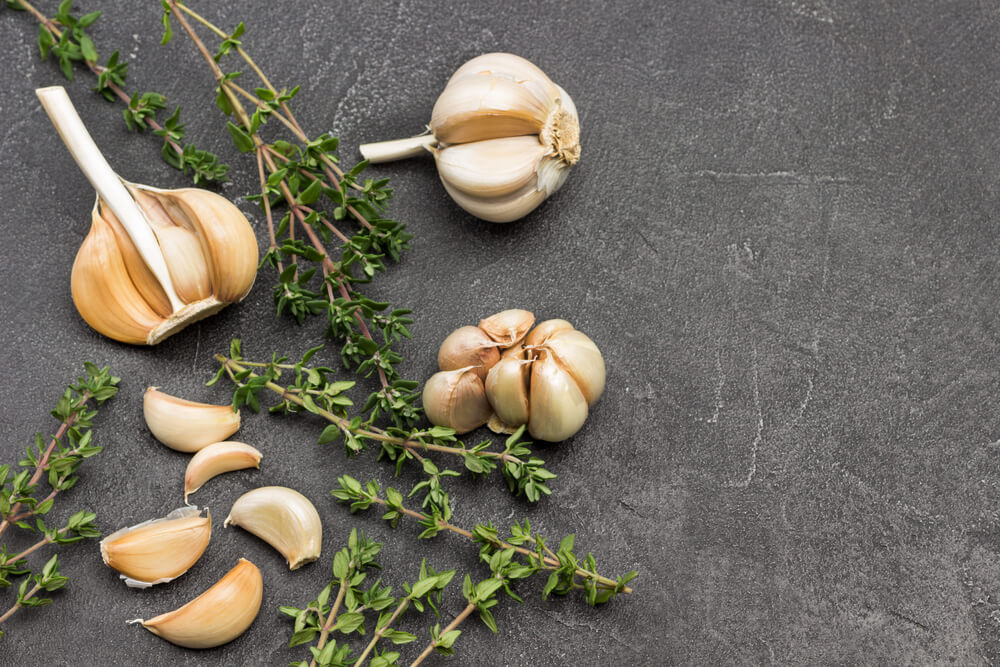
Among the various treatments for sleep apnea, garlic can prove to be very helpful. It contains anti-inflammatory properties that have proven benefits for sleep apnea sufferers. These components can help unblock the airway and reduce snoring. In addition to being a natural remedy for snoring, garlic also boosts the immune system. It is therefore recommended to consume garlic at least two to three times a day. Alternatively, you can also consume a garlic supplement that is safe and odorless.
Although not widely known, garlic is an effective treatment for sleep apnea. Garlic has natural anti-microbial properties and helps fight bacteria and microbes. Inflammation of the airway can restrict breathing and contribute to sleep apnea. By reducing the number of microbes, a person's body is less likely to produce the stress hormone cortisol. Cortisol does not promote quality sleep. Besides its anti-inflammatory properties, garlic has the ability to relax the body and calm the nervous system.
The benefits of garlic are numerous, and they go far beyond its ability to treat sleep apnea. For example, garlic contains sulfurous compounds, which reduce blood pressure and relax the mind. Garlic also has natural analgesic properties and is effective in easing pain. It is also a natural anti-fungal, which means that it can fight off fungi that can cause inflammation and irritability of the sinuses and lungs. Regular garlic consumption may also help unclog the nasal passage, thus improving the quality of sleep.

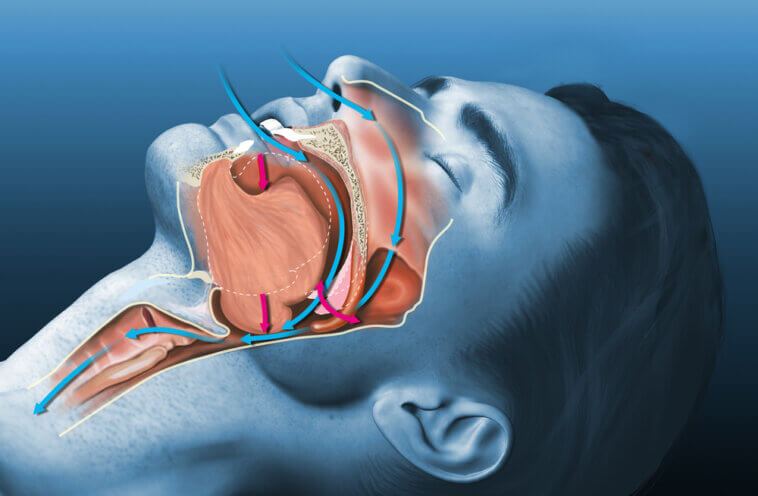

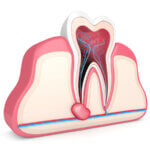
Comments
Loading…